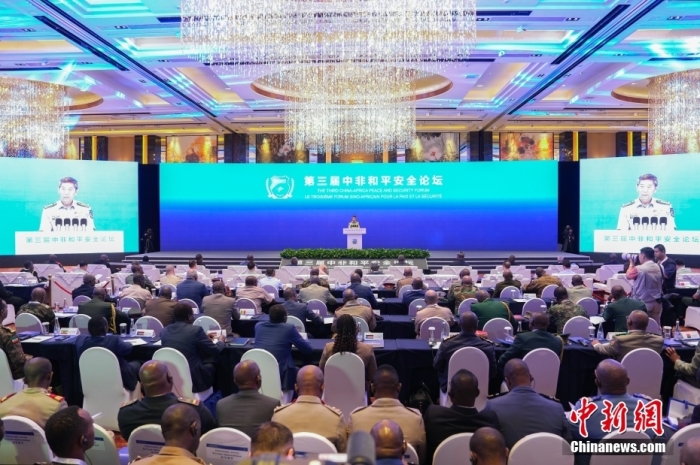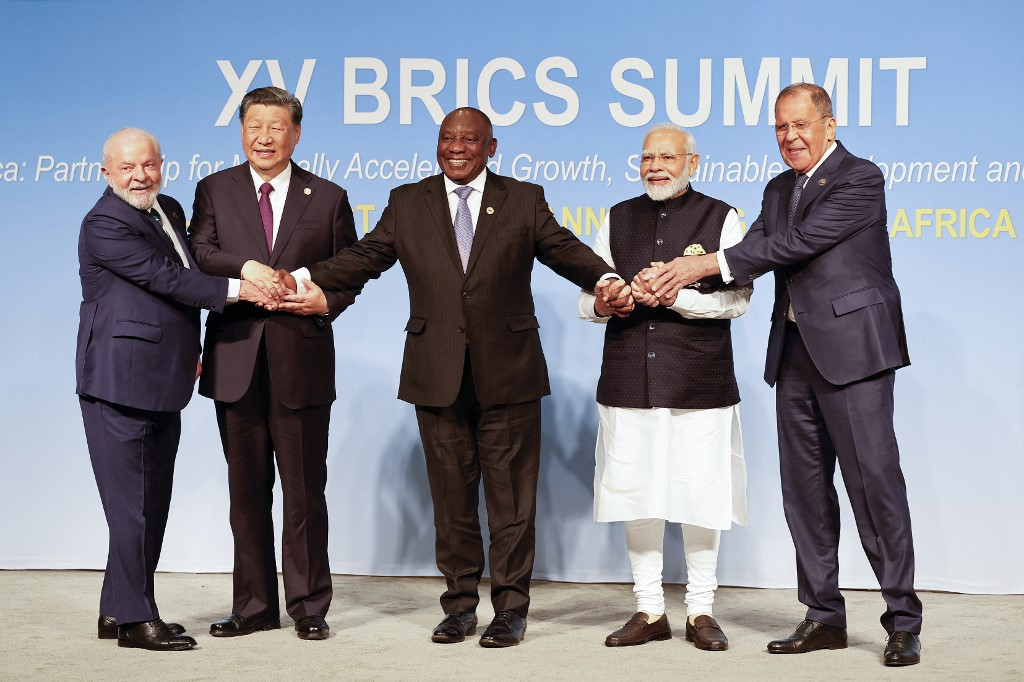In an impassioned appeal at the third China-Africa Peace and Security Forum held in Beijing, China’s Defense Minister, Li Shangfu, urged for an intensified Sino-African collaboration to effectively address the world’s pressing security challenges while preserving international justice. Highlighting China’s steadfast principle of non-interference in Africa’s internal affairs, the minister advocated for a united front against hegemony and bullying, solidifying the foundation of mutual security trust between the two continents.
Against a backdrop of growing global security concerns, the call for strengthened cooperation between China and Africa reverberated powerfully at the third China-Africa Peace and Security Forum. China’s State Councilor and Minister of National Defense, Li Shangfu, delivered a keynote address that resonated with representatives from nearly 50 countries, setting the tone for a robust partnership in tackling shared challenges.
As the six-day forum commenced, Minister Li Shangfu emphatically underscored the importance of collaborative endeavors to uphold peace and security. He highlighted that the foundation of Sino-African security cooperation is rooted in mutual consultation and respect, with China’s assistance to Africa, including military aid, remaining free from political conditions. This unwavering commitment to non-interference has solidified the bedrock of trust between the two regions.
During a plenary session, Li emphasized the significance of supporting Africa’s independent solutions to its security challenges. He vocalized China’s backing for regional entities such as the African Union to lead in resolving security concerns. In this context, Senior Colonel Zhao Xiaozhuo, a researcher at the People’s Liberation Army Academy of Military Science, commented on China’s strategic and diplomatic support for Africa, which he characterized as offering an alternative path, rather than imposing values.
Practicability and effectiveness became guiding principles, according to Li. He stressed the importance of capacity-building, indicating that China’s cooperation aimed at equipping Africa with the ability to maintain its own stability. Citing initiatives in the Horn of Africa and projects spanning peacekeeping, counterterrorism, antipiracy, and public security, he highlighted the broad spectrum of collaborative efforts.
Looking ahead, the direction of China-Africa security cooperation appeared clear. Li’s emphasis on deep, practical collaboration and alignment with leaders’ consensus demonstrated a shared vision. Central to this approach was the united stance against external interference, misinformation, and neocolonial narratives. The minister highlighted the imperative of resisting manipulation and safeguarding the interests of developing countries.
Concrete measures to enhance this partnership were unveiled, including maritime security cooperation, talent development, and military cultural exchanges. These steps aimed to bolster the practical dimension of the collaboration and promote holistic growth.
On the sidelines of the forum, Li engaged with security and defense leaders from various African countries, including Cameroon, Senegal, Comoros, and Uganda. Cameroon’s Minister Delegate at the Presidency in charge of Defense, Beti Assomo, praised the “fruitful cooperative model” between China and Africa, emphasizing the evolving security partnership amid complex global dynamics.
Bankole Adeoye, Commissioner for Political Affairs, Peace, and Security of the African Union Commission, echoed the sentiment of unity and common interest. Recognizing the multifaceted challenges faced by Africa, Adeoye stressed the pivotal role of the partnership with China in building a resilient and progressive continent.
In conclusion, the resounding call for heightened Sino-African security cooperation echoed through the forum, fostering a shared commitment to peace, justice, and mutual growth. The bridge built between China and Africa demonstrated a proactive and practical model for addressing global security challenges while safeguarding sovereignty and independence.
















